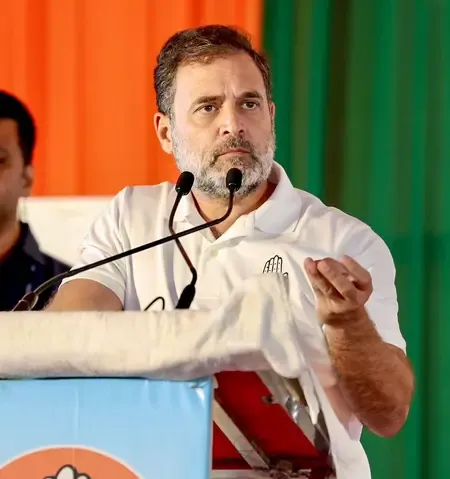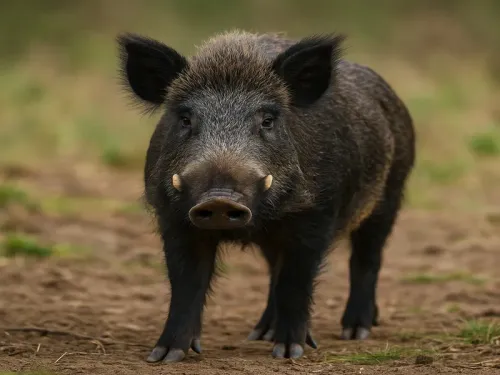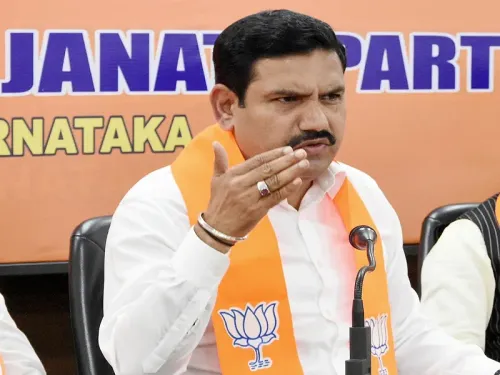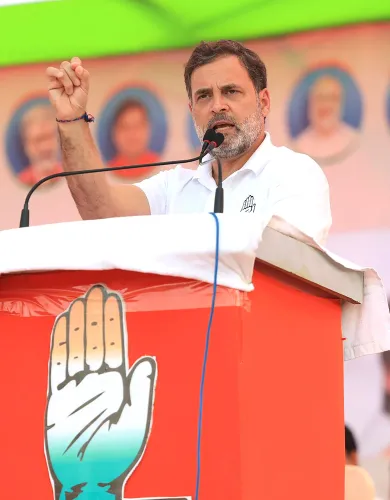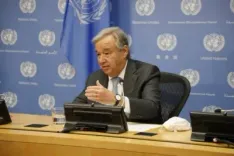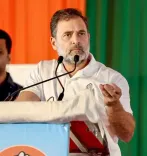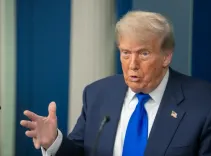Should Congress Prioritize National Interests Over Politics?
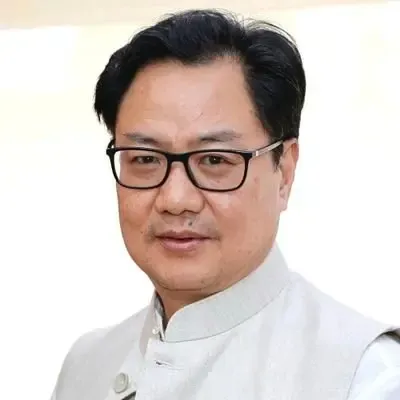
Synopsis
Key Takeaways
- Kiren Rijiju emphasizes unity in national interests.
- Criticism of US policies should not overshadow India's progress.
- Former diplomat Kanwal Sibal advocates for cohesive foreign policy.
- Potential humanitarian impacts of H-1B visa rules raised.
- The Congress party is urged to prioritize national over political interests.
New Delhi, Sep 21 (NationPress) Union Parliamentary Affairs Minister Kiren Rijiju urged the Congress party to refrain from politicizing issues of national significance, particularly in light of the recent decisions by the US government to impose tariffs on India and tighten H-1B visa regulations.
In a social media post on X, Rijiju, without directly naming Mallikarjun Kharge, reminded the Congress President that "when it comes to national interests, we all must speak for India."
This statement followed former diplomat Kanwal Sibal's critique of Kharge's recent comments regarding the Indian government's response to US President Donald Trump's decision to increase fees for the H-1B visa, a program vital for many Indian tech professionals.
Rijiju expressed his appreciation for Sibal's intelligence and diplomatic insight, stating, "I can understand his pain, which compelled him to offer this invaluable advice to the Congress President. We have enough time for political discourse, but when it comes to national interests, we must unite for India."
Previously, Sibal remarked that blaming Prime Minister Narendra Modi for Trump's hostile actions against India, instead of fostering unity against foreign intimidation, only undermines the country's strength. He highlighted Trump’s indiscriminate aggression towards various nations, noting, "Our assertiveness concerning our national interests has provoked his inflated ego and revealed his bullying tendencies."
“Is the Opposition against India refusing to let the US dictate our foreign policy decisions? Unlike Pakistan, we have not engaged in business dealings with Trump’s family to curry favor, which is inherently unreliable. Why exploit a serious external issue for domestic political gain? We have made significant strides in our relationship with the US in recent years,” he added.
Kharge had earlier criticized the Modi government for failing to protect national interests amid the ongoing tariff disputes with the US.
On the topic of the H-1B visa restrictions, the Congress President expressed concern over the "gifts" PM Modi received following Trump's birthday phone call last week.
In the context of the US tariff deadlock and the revision of H-1B visa guidelines, the Indian government has highlighted the potential "humanitarian consequences" of these changes. The Ministry of External Affairs stated, "The government hopes that these disruptions can be suitably addressed by US authorities."

